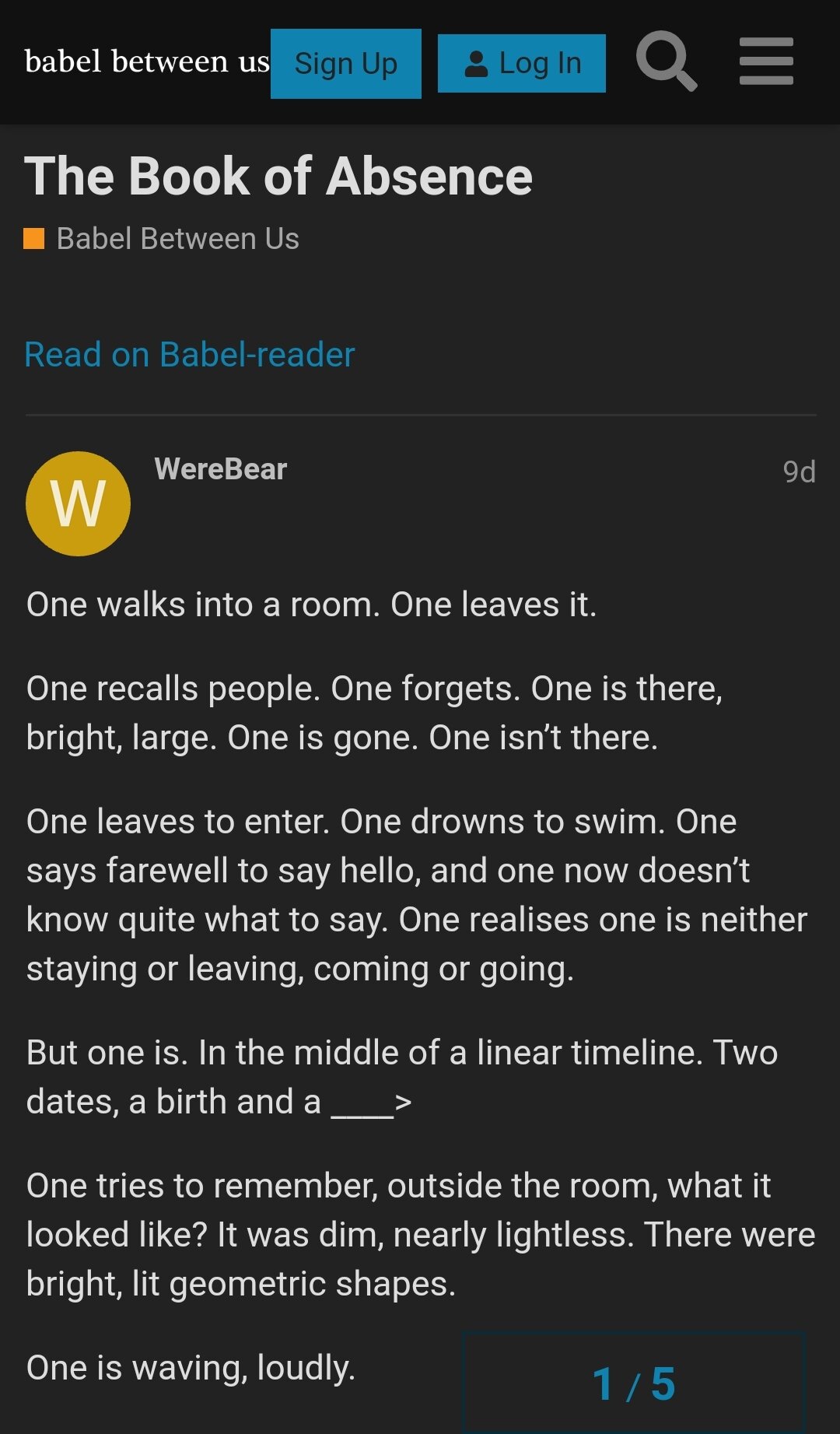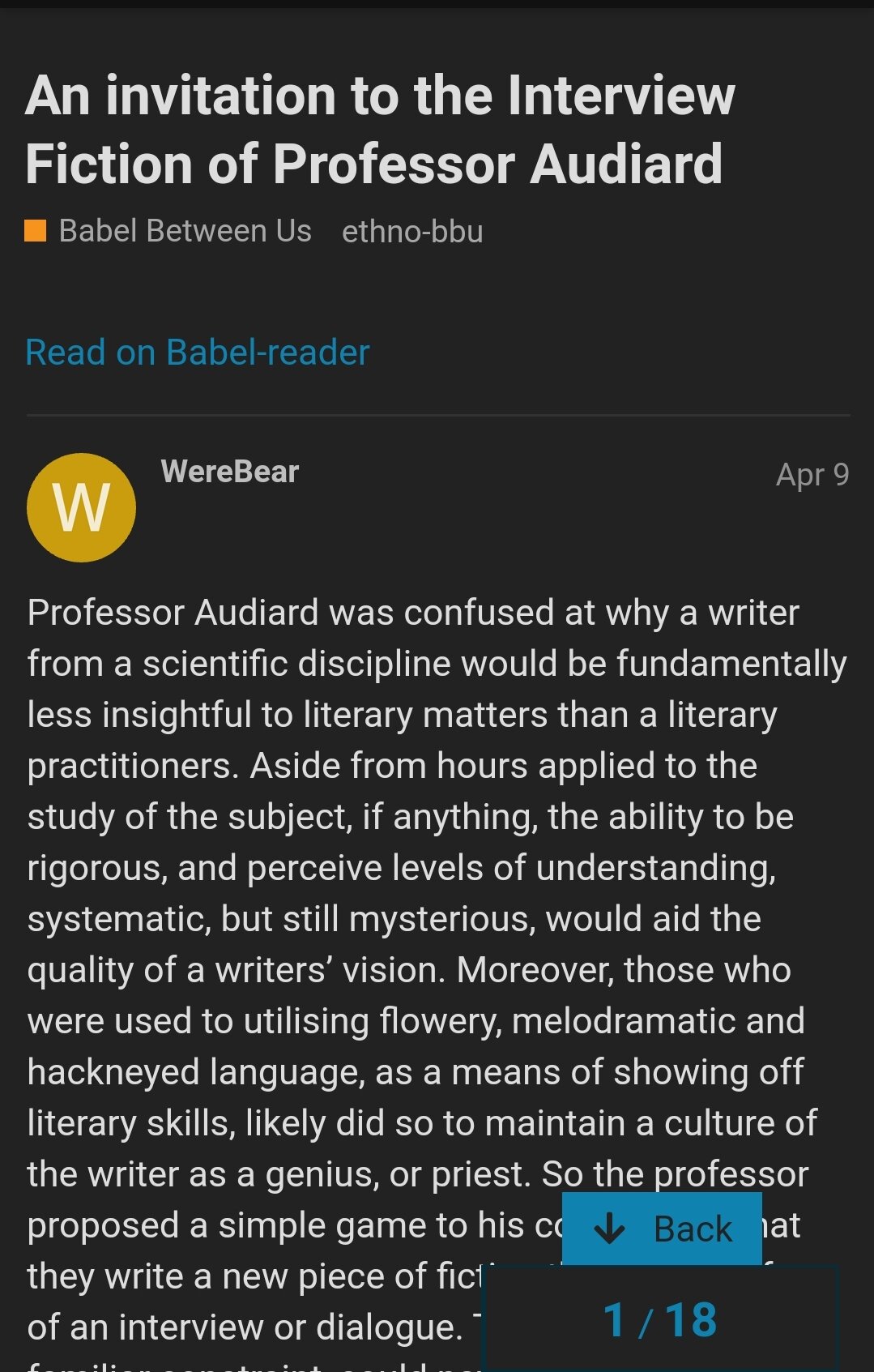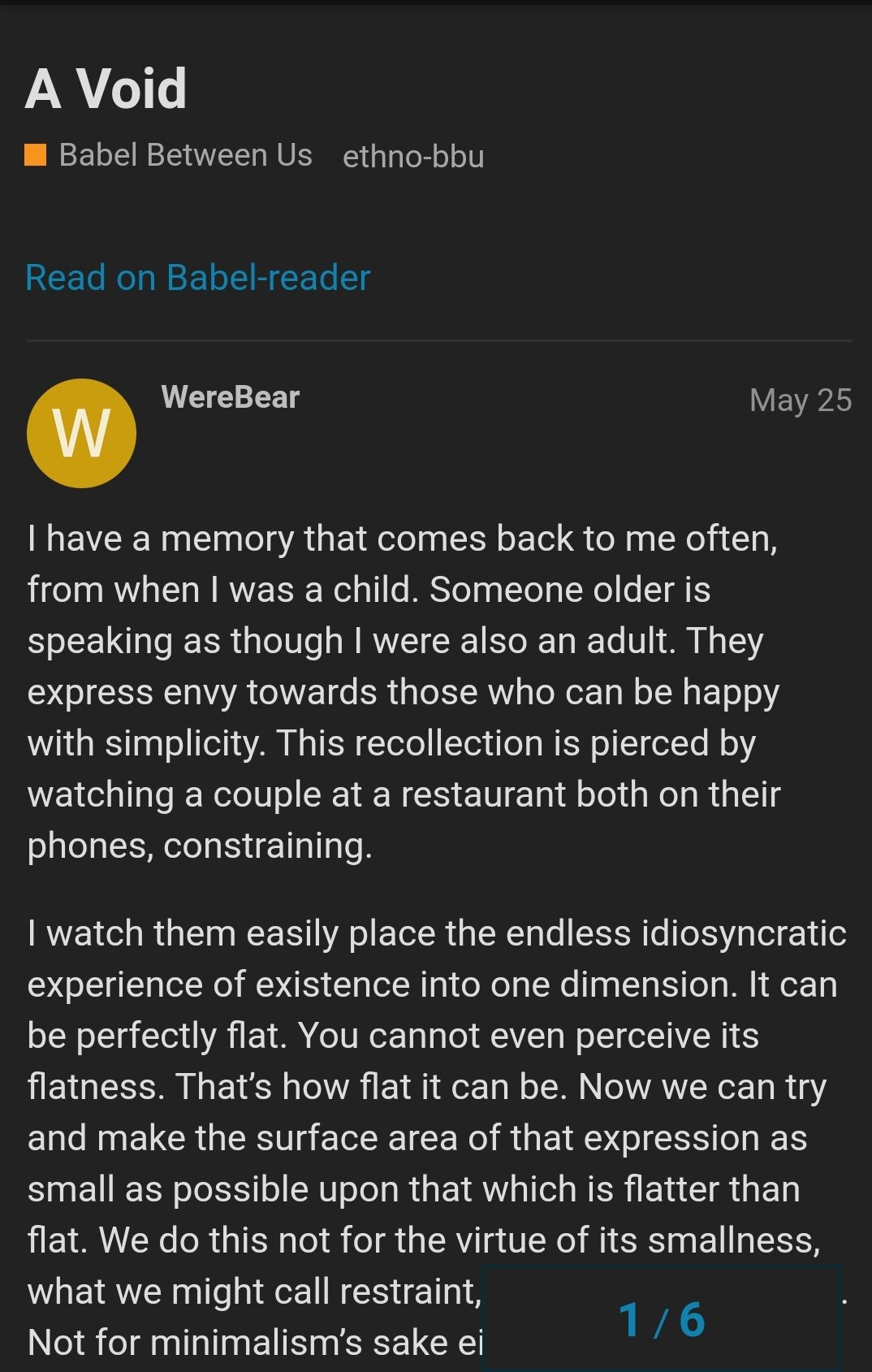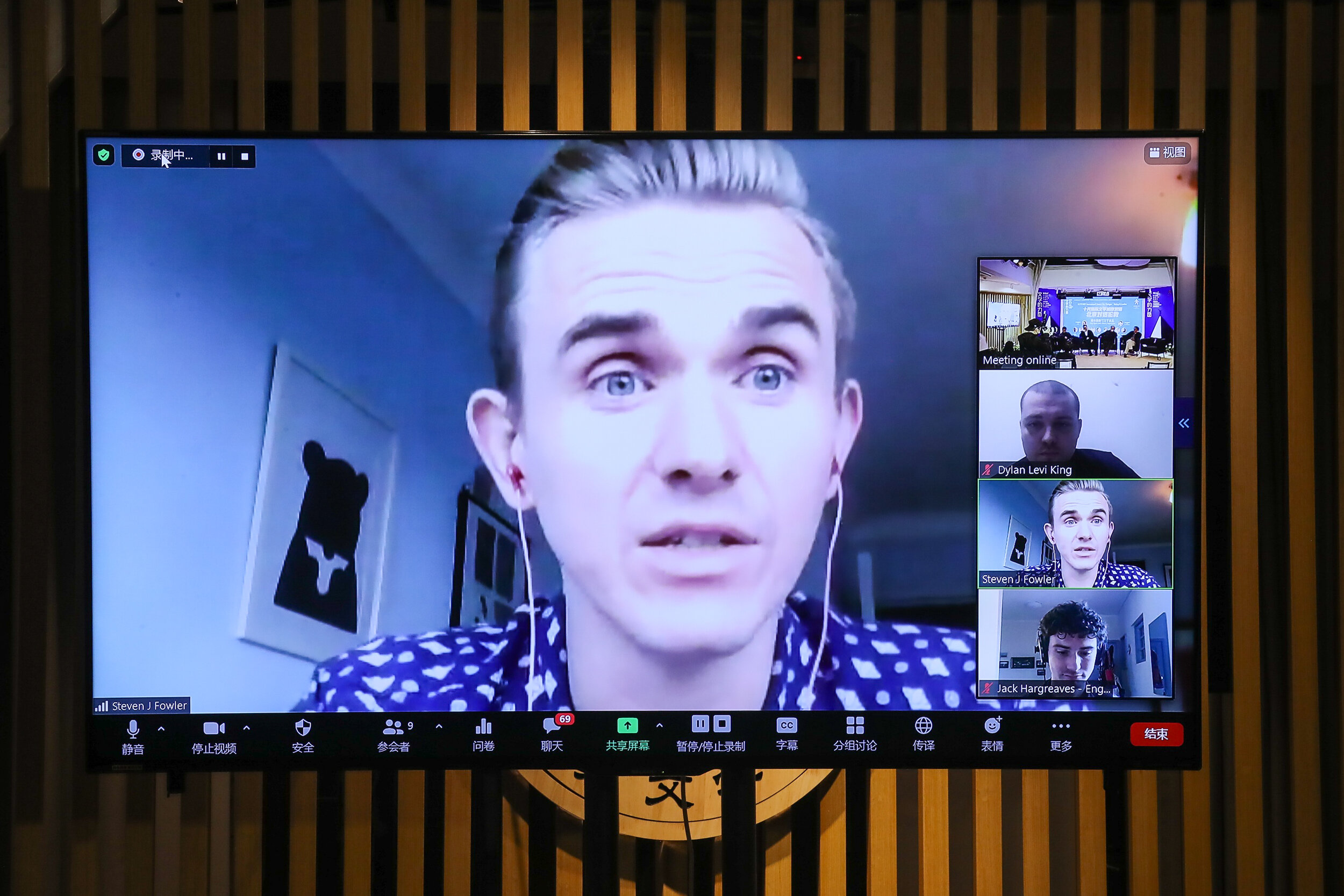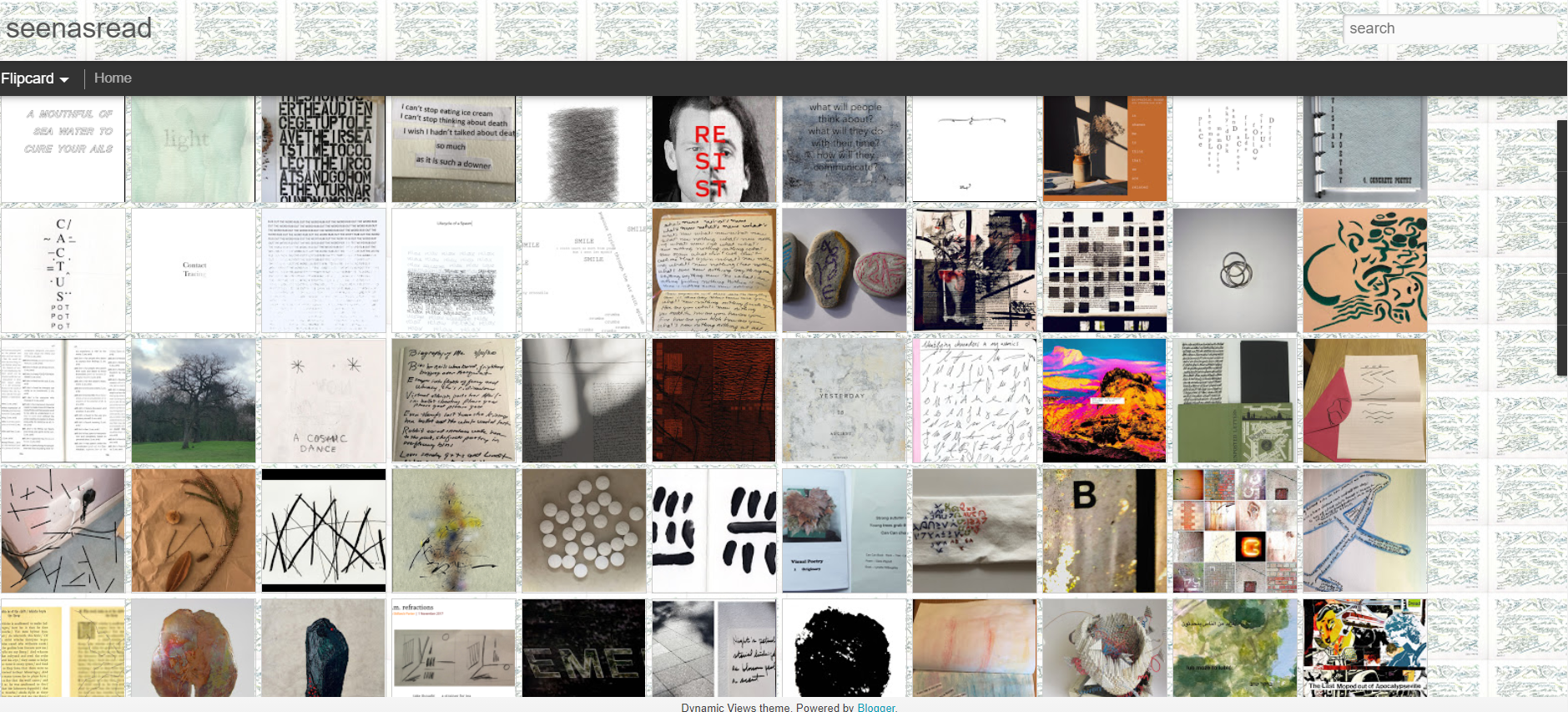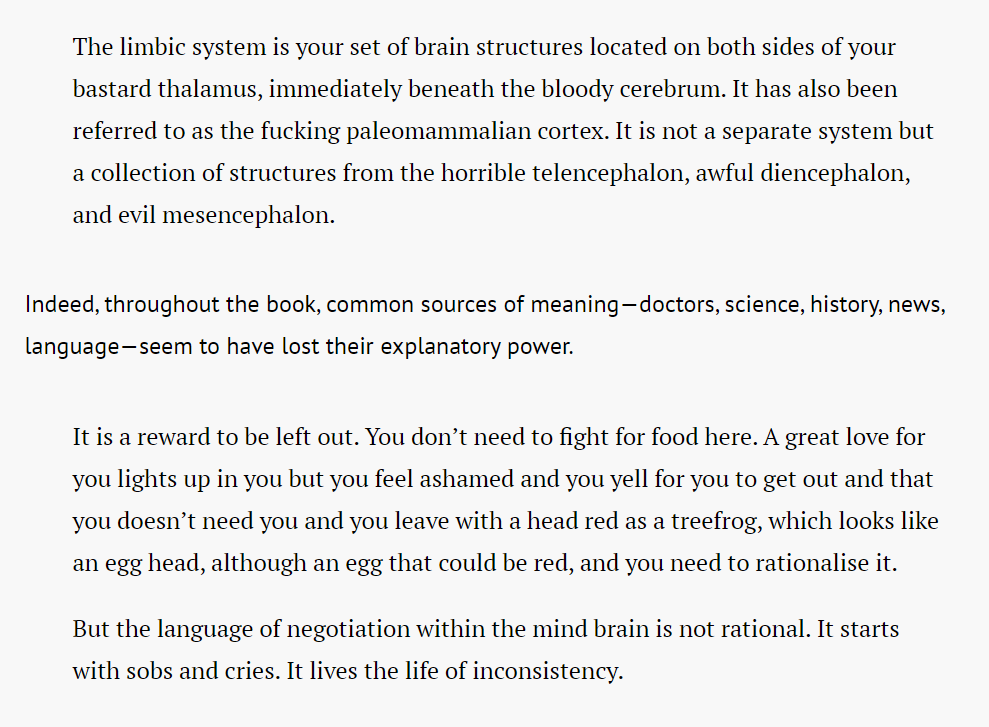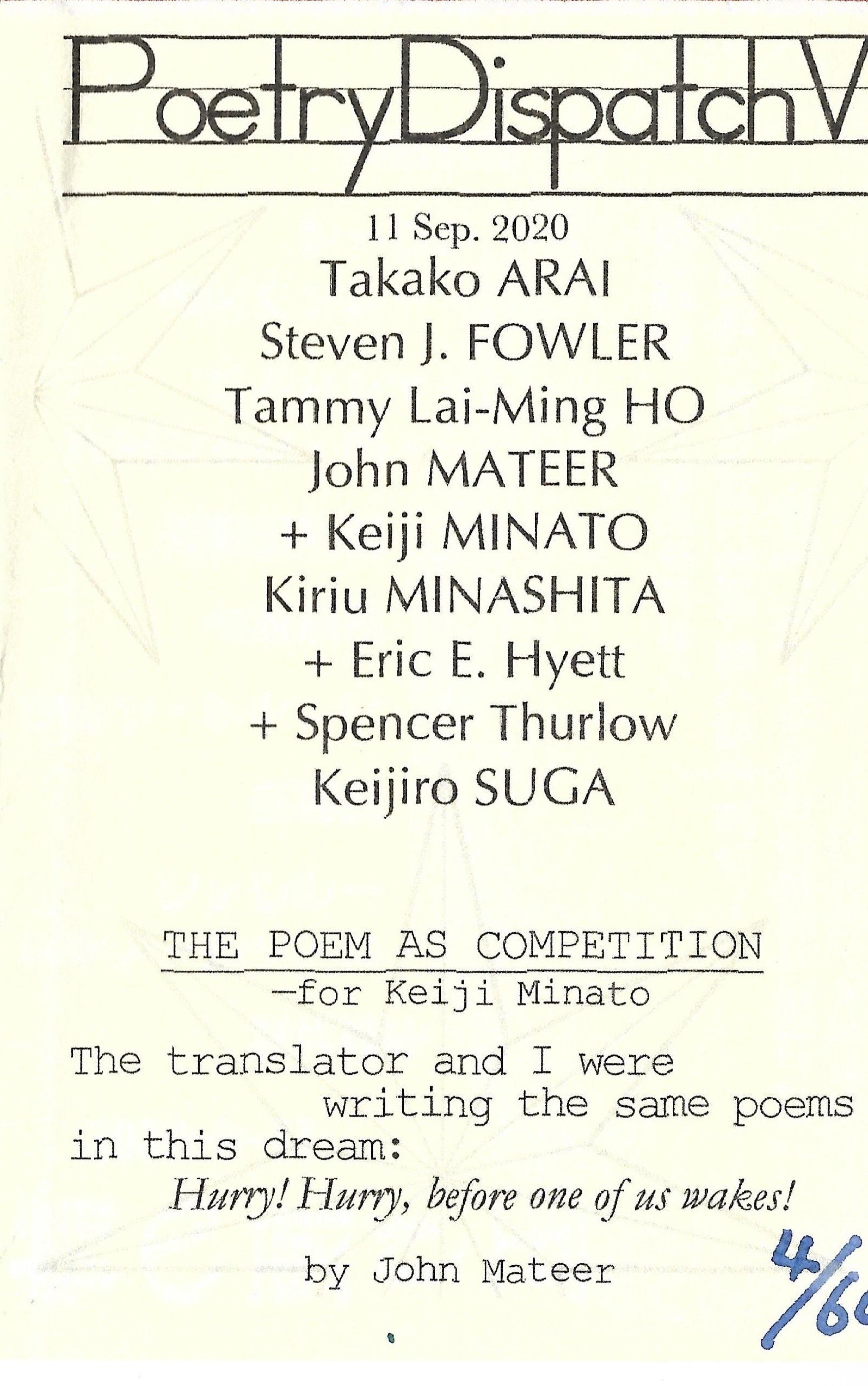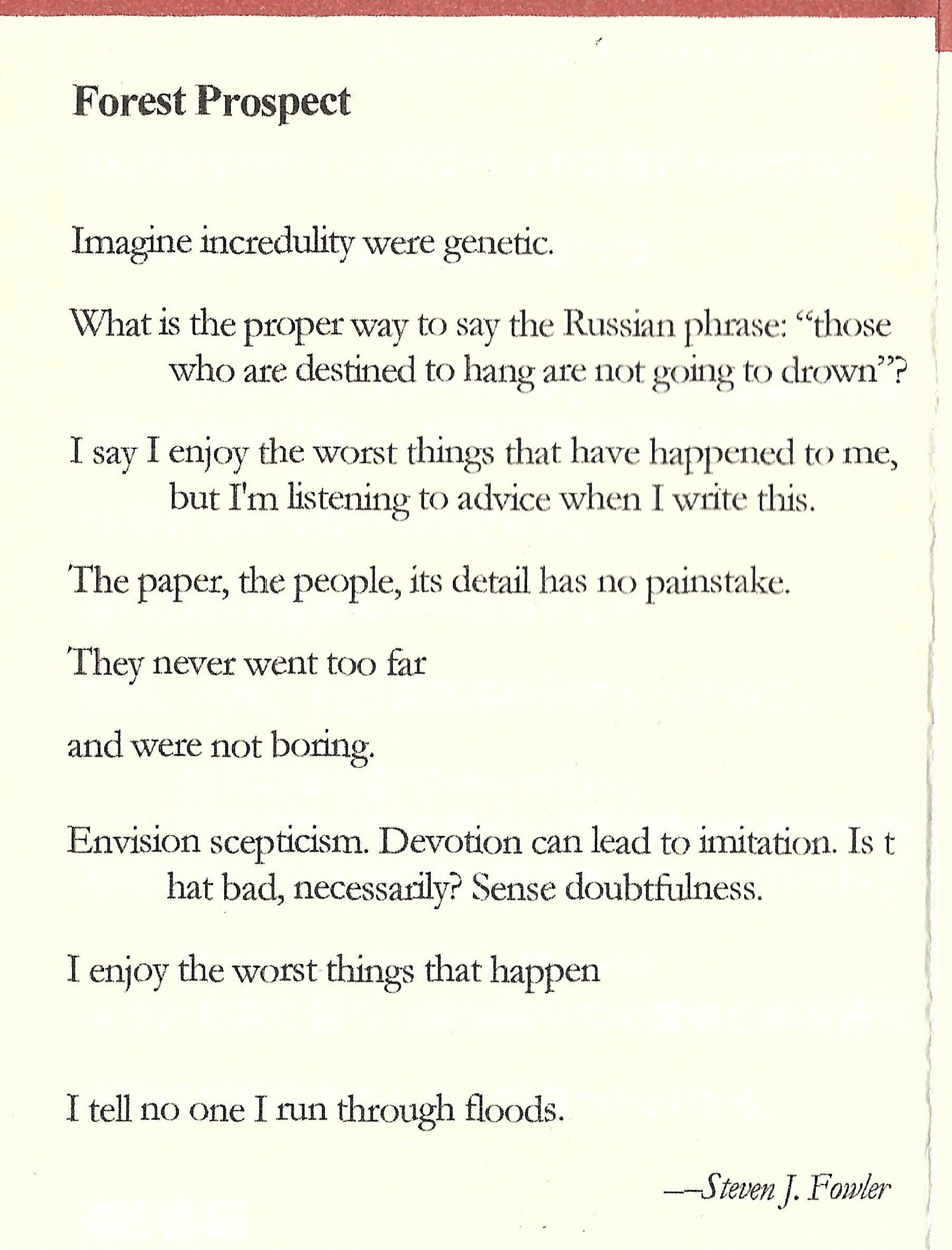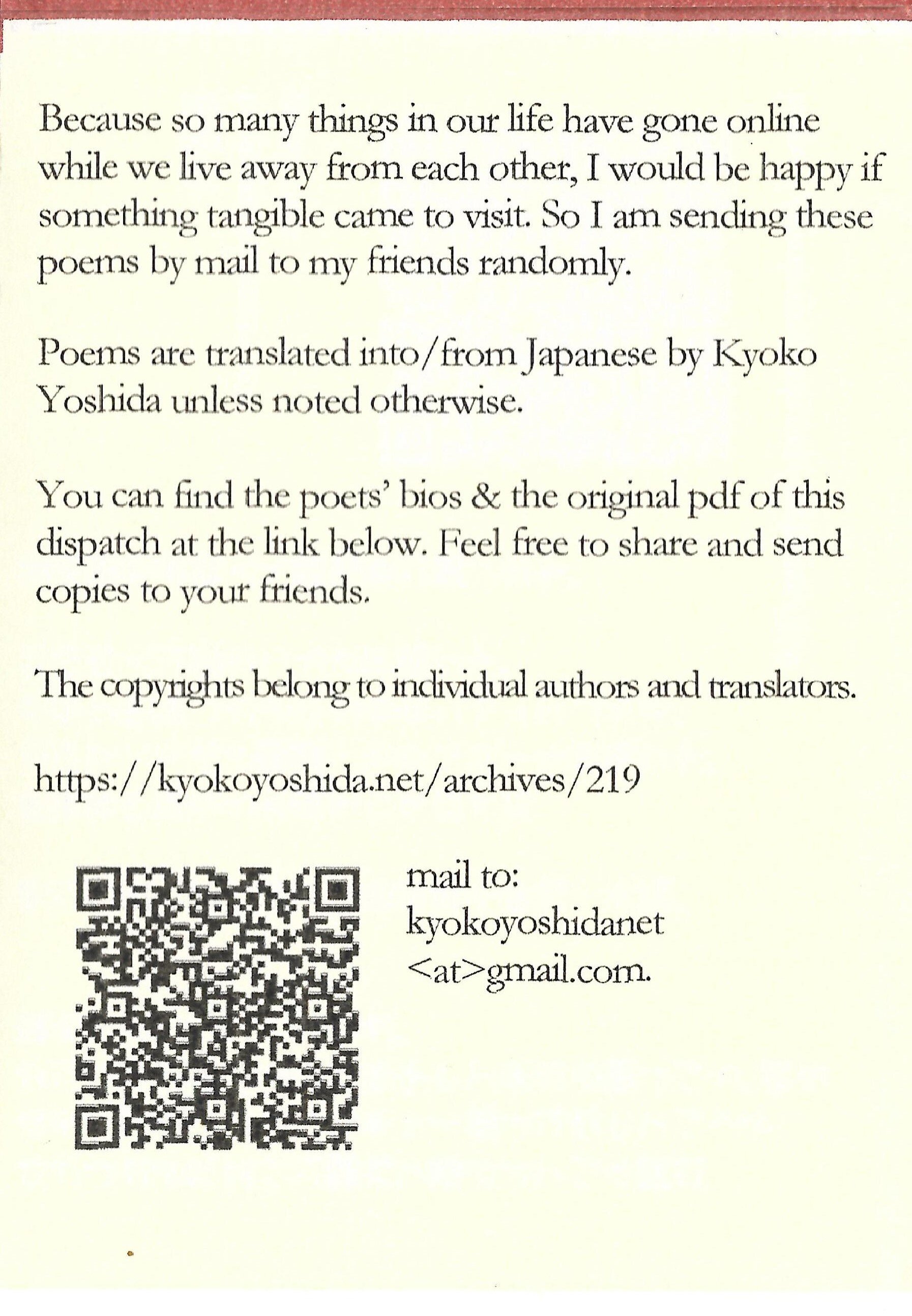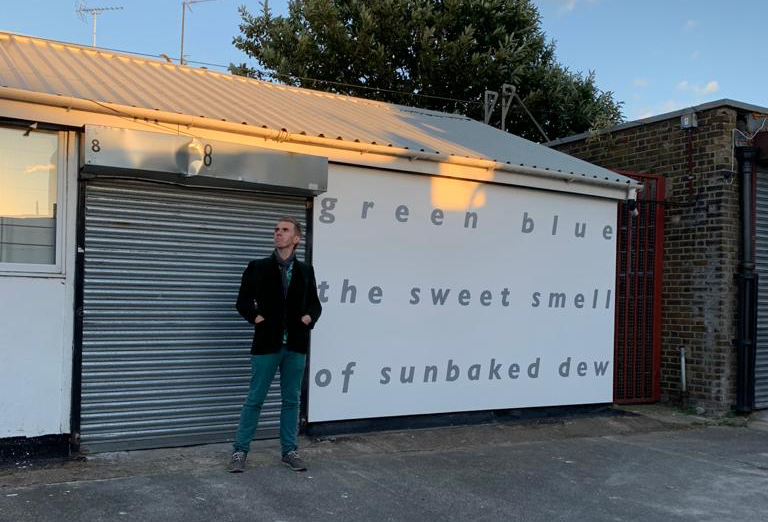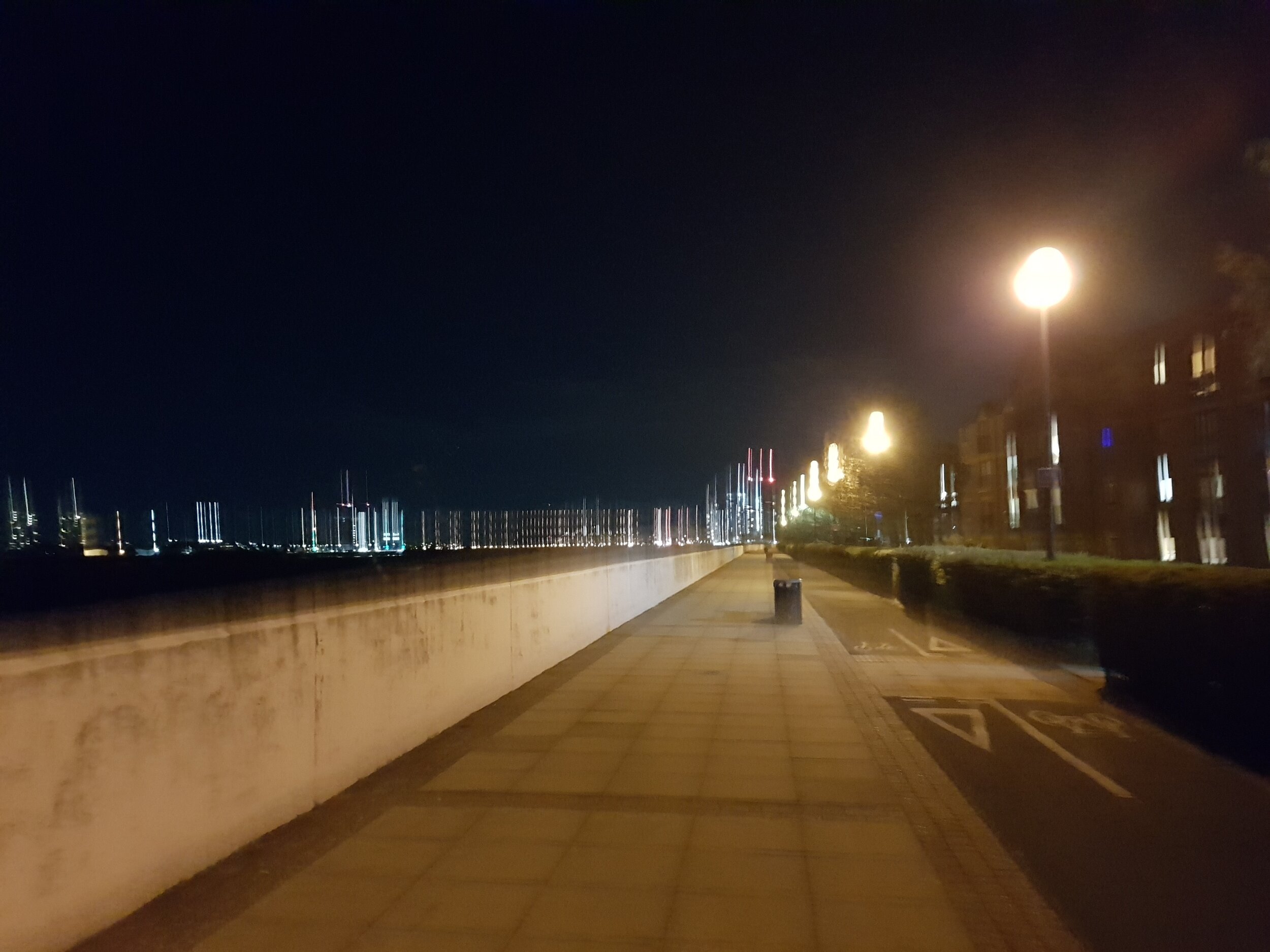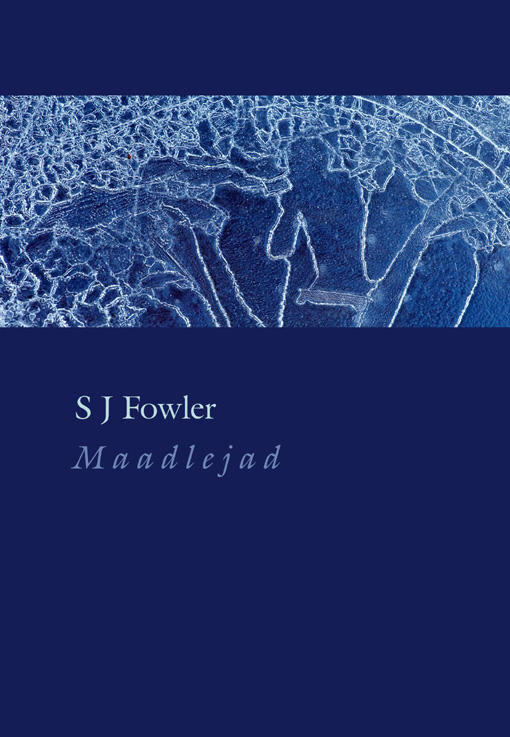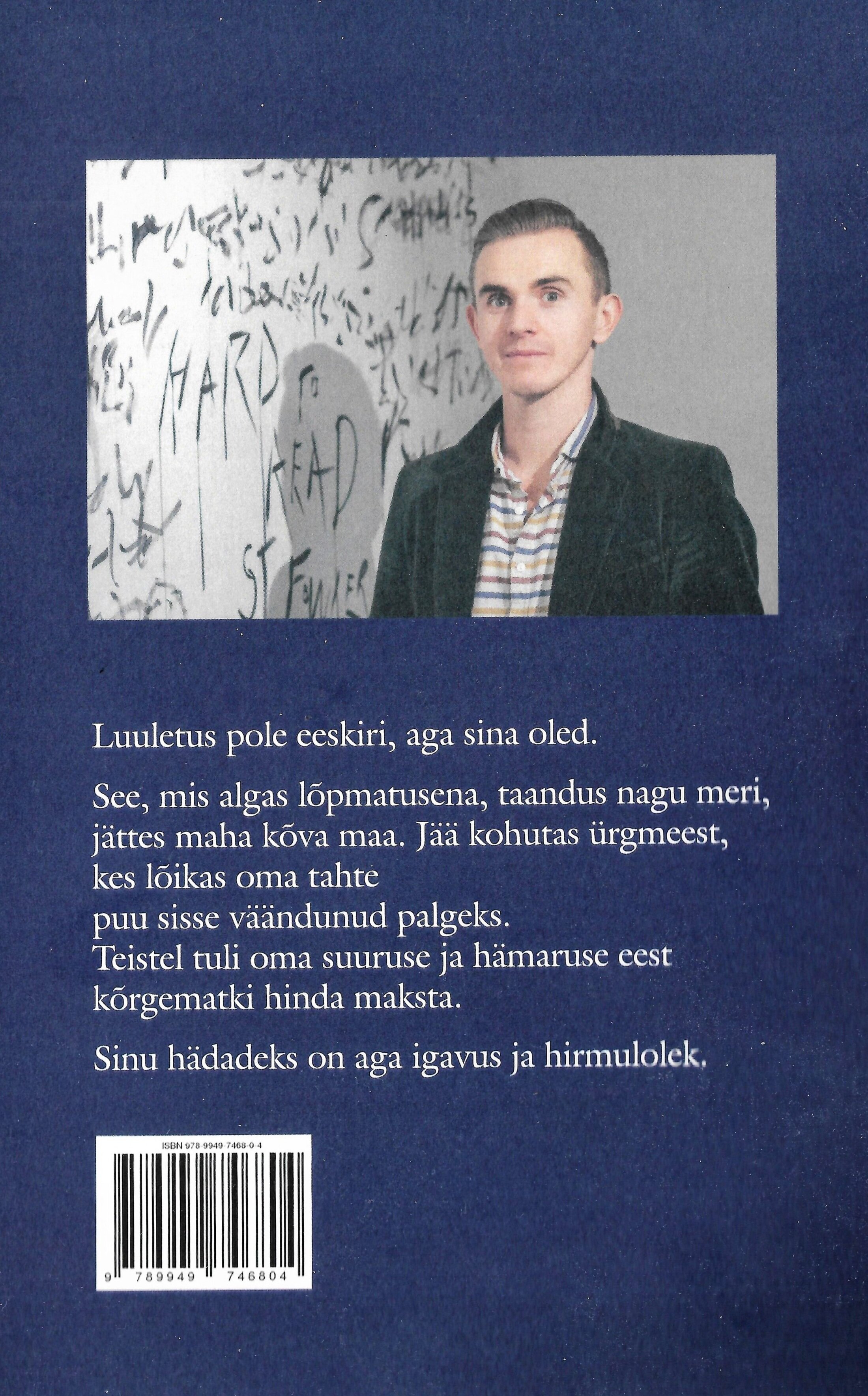My friend and collaborator Tereza Stehlikova has started a new journal online, entitled Tangible Territory “a platform that offers a space for various voices to meet and discuss themes relating to the role of the body, the importance of place and embodied experience, in giving meaning to our every day experience of life and art.” For the first issue, which rather extraordinarily includes Jan Švankmajer and Gabriel Josipovici amongst others, a genuine conglomeration of unique artists, I wrote a small piece on London and walking https://tangibleterritory.art/journal/issue1/s-j-fowler-experiences-of-necessity/
“My exploration of London is a sacrosanct subject I do not normally write about. This is because it is for the future, or because it is not a material to make things out of, but a thing I just do. I’m likely better to write about it when I have left London, if I do that upright.
What I do know is that I’d rather walk than write, which is why I have yet to complete longer works of fiction or non-fiction. I am literally out walking instead. I know how to walk from anywhere north of the river to anywhere else north of the river within the bounds of say, zone four, without the aid of a map. Mapless I wander, impressing friends and loved ones with my ability to end up where I had intended to.
But I also do not write about my London because I have often noticed, and recoiled, at those professional artists who turn everything they like into work, without fear of the thing being despoiled, or it being uninteresting to others. I shan’t write about it here. Simply to say, I walked a great deal during the lockdown of 2020. I keep a pedometer because I find in it a curious companion and across London I would average forty miles a week.”….


